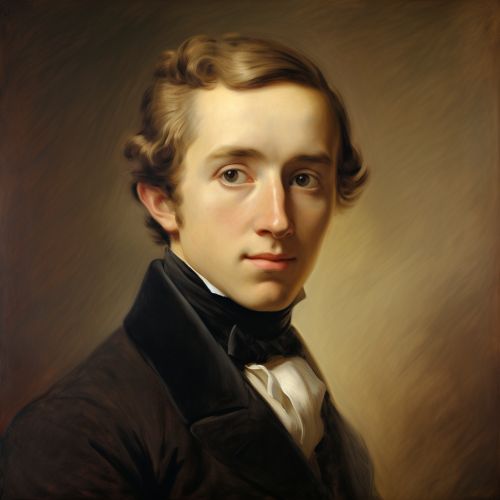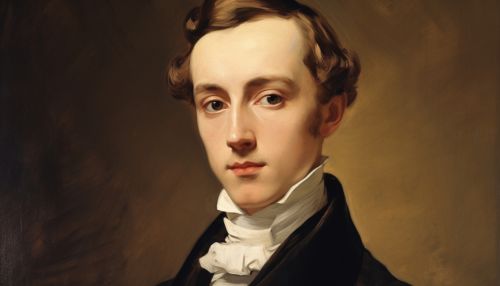Augustin-Louis Cauchy
Early Life and Education
Augustin-Louis Cauchy was born on August 21, 1789, in Paris, France. His father, Louis François Cauchy, was a high-ranking civil servant and an ardent supporter of the French Revolutionary cause. His mother, Marie-Madeleine Desestre, came from a wealthy Parisian family. Despite the tumultuous political climate, the Cauchy family was able to provide a stable and intellectually stimulating environment for young Augustin-Louis.
Cauchy received his early education at home due to the political instability in France. He was a precocious child, showing an early aptitude for mathematics. At the age of 16, he entered the École Polytechnique, a prestigious engineering school in Paris. There, he studied under some of the most renowned mathematicians of the time, including Lagrange and Laplace.


Career and Contributions to Mathematics
After graduating from the École Polytechnique, Cauchy embarked on a career in civil engineering. However, his true passion lay in mathematics, and he soon transitioned to a career in academia. In 1816, he was elected to the French Academy of Sciences, one of the oldest and most prestigious scientific societies in the world.
Cauchy's contributions to mathematics were vast and varied. He made significant advancements in the field of complex analysis, a branch of mathematics that deals with complex numbers and their functions. His work in this area led to the development of Cauchy's integral theorem, a fundamental theorem in complex analysis.
Cauchy also made significant contributions to the field of number theory, the study of properties and relationships of numbers. He developed the concept of a Cauchy sequence, a sequence of numbers where the difference between any two successive terms can be made arbitrarily small.
In addition, Cauchy was instrumental in establishing the foundations of calculus, a branch of mathematics that deals with rates of change and accumulation of quantities. He introduced the concept of a Cauchy-Riemann equation, a pair of partial differential equations that provide a necessary and sufficient condition for a function to be holomorphic, a key concept in complex analysis.
Later Life and Legacy
In his later years, Cauchy became increasingly involved in religious and social causes. He was a devout Catholic and was known for his charitable works. Despite his religious convictions, Cauchy remained committed to scientific inquiry and continued to contribute to the field of mathematics until his death in 1857.
Cauchy's legacy in mathematics is profound. His work has had a lasting impact on numerous fields, including complex analysis, number theory, and calculus. Many concepts and theorems in mathematics bear his name, reflecting his significant contributions to the field.
